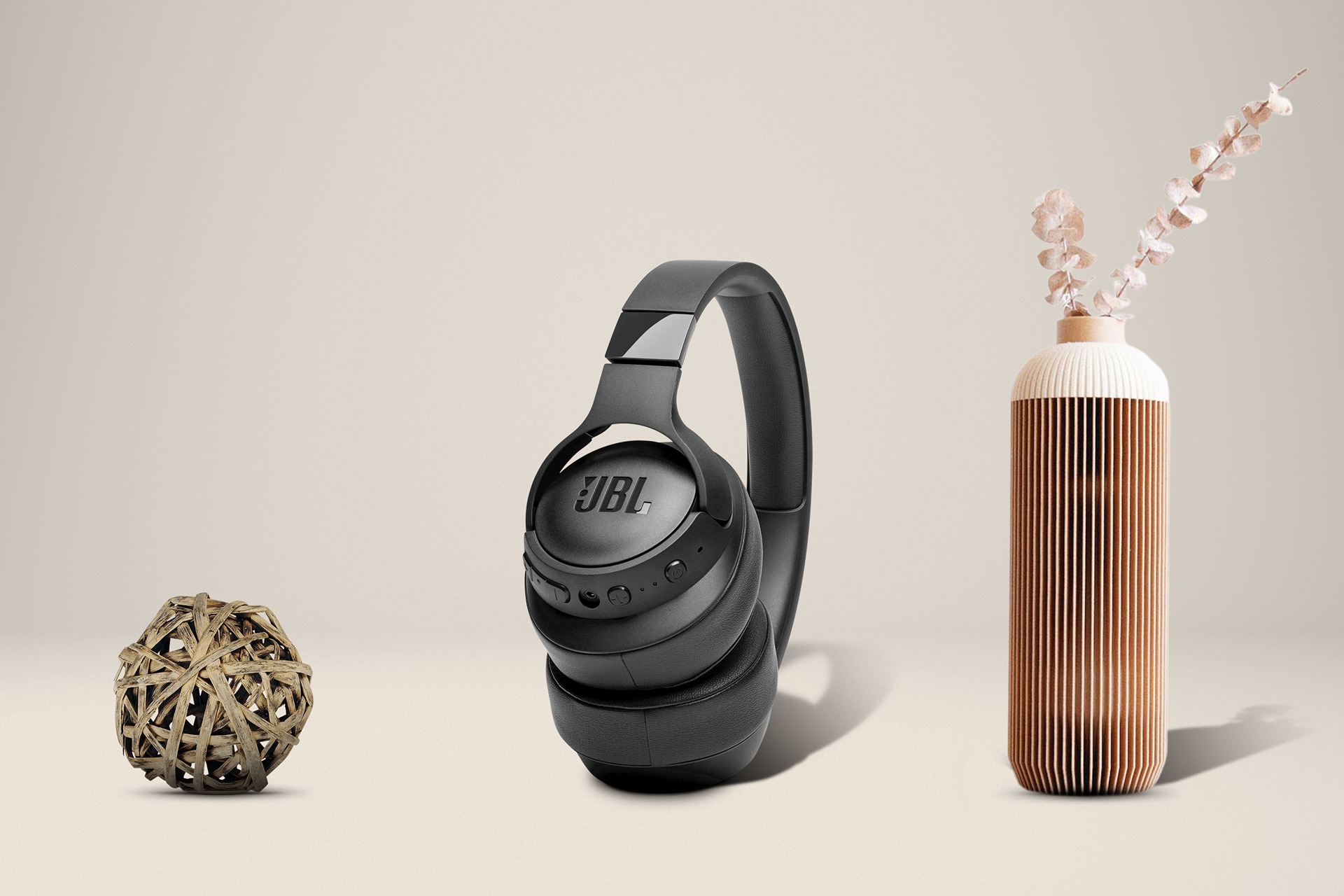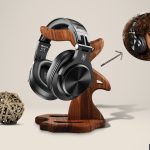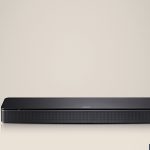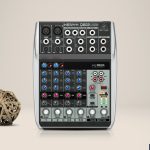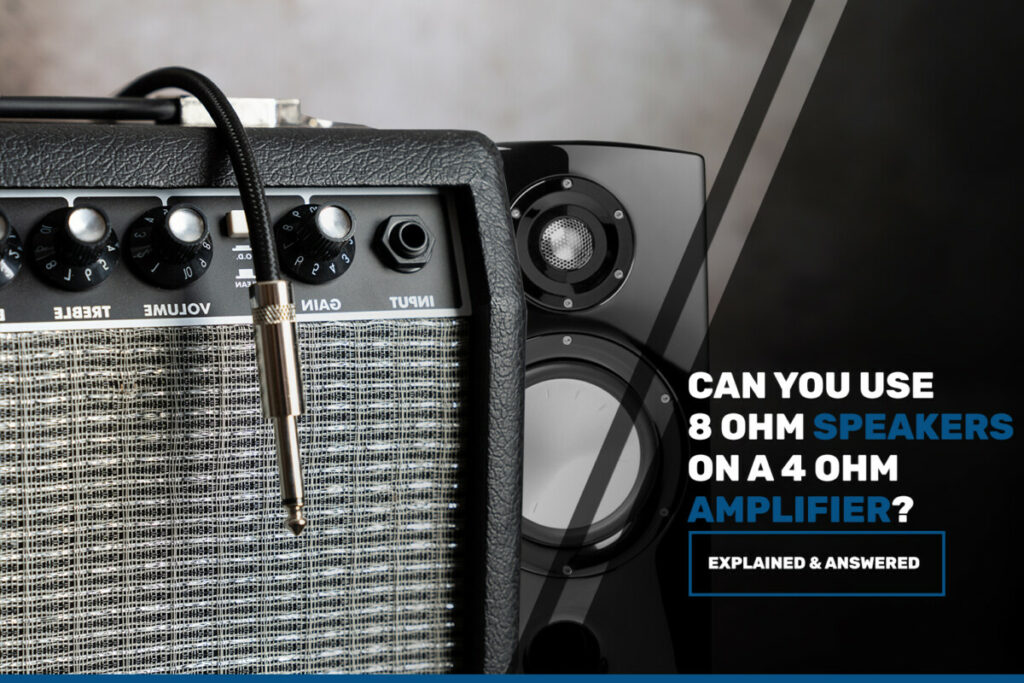
If you’re a music enthusiast, then you know that 8-ohm speakers and 4-ohm amplifiers are two essential components for any sound system.
But do 8-ohm speakers work with 4-ohm amplifiers? This is an important question to consider when trying to optimize your audio setup.
In this article, we’ll explore the usage of 8-ohm speakers with 4-ohm amplifiers, so you can make an informed decision about which type of speaker and amplifier combination is best for your needs.
General Overview – 8-ohm Speakers & 4-ohm Amplifiers
Before stating anything else, I think its important to give better information and kind of a definition of 8-ohm speakers and 4-ohm amplifiers.
Something important to know is that there are 4 ohm speakers as well, so make sure to first know the differences between 8-ohm and 4-ohm speakers.
Now that we’re ready, let’s dive deeper to understand!
What Are 8-ohm Speakers?
8-ohm speakers are designed to produce 8 ohms of impedance. This is the measure of resistance that an electric current encounters in a circuit, which determnes how much power an amplifier is able to provide without distortion.
What Are 4-ohm Amplifiers?
A 4ohm amplifier is an electronic device that amplifies the electrical signal input to it and outputs the amplified signal to a 4-ohm load.
The “4-ohm” refers to the electrical resistnce of the load that the amplifier is designed to drive, with a lower resistance resulting in a greater amount of curent being drawn from the amplifier and potentialy higher power output.
In Short: Can You Use 8-ohm Speakers On A 4-ohm Amplifier?
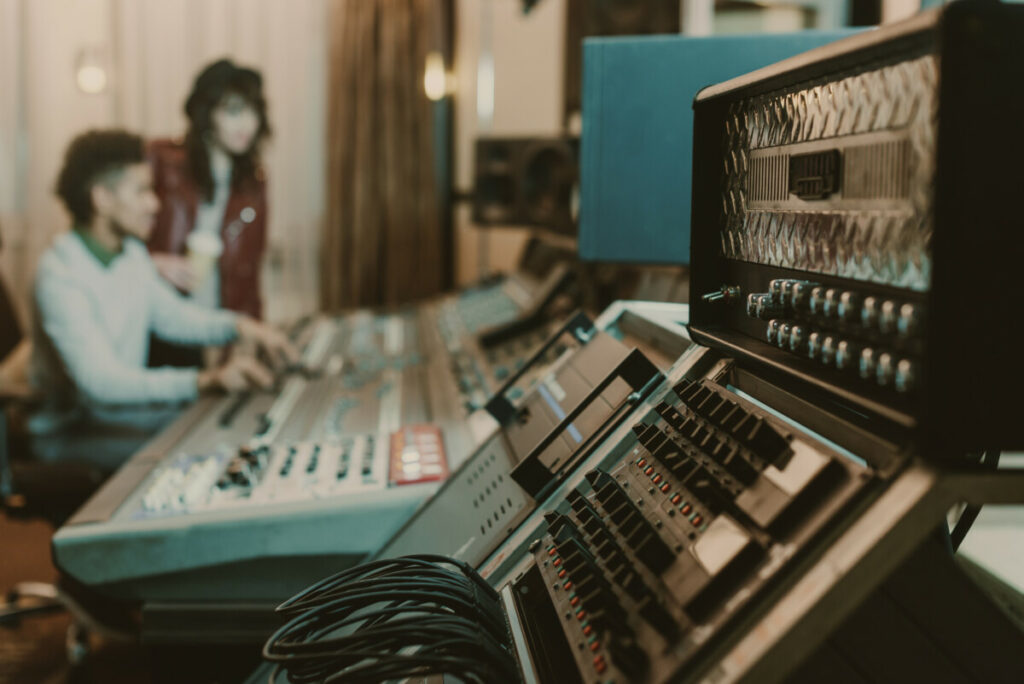
So, now that you know the diference between 8-ohm speakers and 4-ohm amplifiers, let’s get to the main question: Can 8-ohm speakers be used with 4-ohm amplifiers?
The answer is yes! 8-ohm speakers are perfectly compatible with 4-ohm amplifiers and can provide a higher power output than if they were conected to an 8-ohm amp.
In addition, 8-ohms are less prone to overloading or distortion than other types of speaker impedance levels.
Benefits Of Using 8-ohm Speakers With 4-Ohm Amplifiers
The main benefit of using 8-ohm speakers with 4-ohm amplifiers is that you can get more power from your amplifier, especially if you think about the monoblock amplifiers that come with 4-ohm most of the time.
Anyways, 8-ohm speakers are designed to produce 8 ohms of impedance, which means they can handle a higher power output than other types of speaker impedances.
This alows for greater volume and clearer sound quality without the risk of distortion or overloading the audio system. Aditionally, 8-ohm speakers are less prone to damage due to their low impedance level compared to other types of speakers.
Another benefit is that 8-ohm speakers provide beter sound quality overal when paired with 4-ohm amplifiers because they require less power while still providing clear and powerful sound.
This makes them ideal for use in home entertaiment systems as well as profesional audio setups such as recording studios or live venues where high levels of clarity and accuracy are essential.
Finally, 8-ohm speakers are generally cheaper than other types due to their lower production costs, making them an affordable option for those on a budget.
Disadvantages Of Using 8-ohm Speakers With 4-ohm Amplifiers
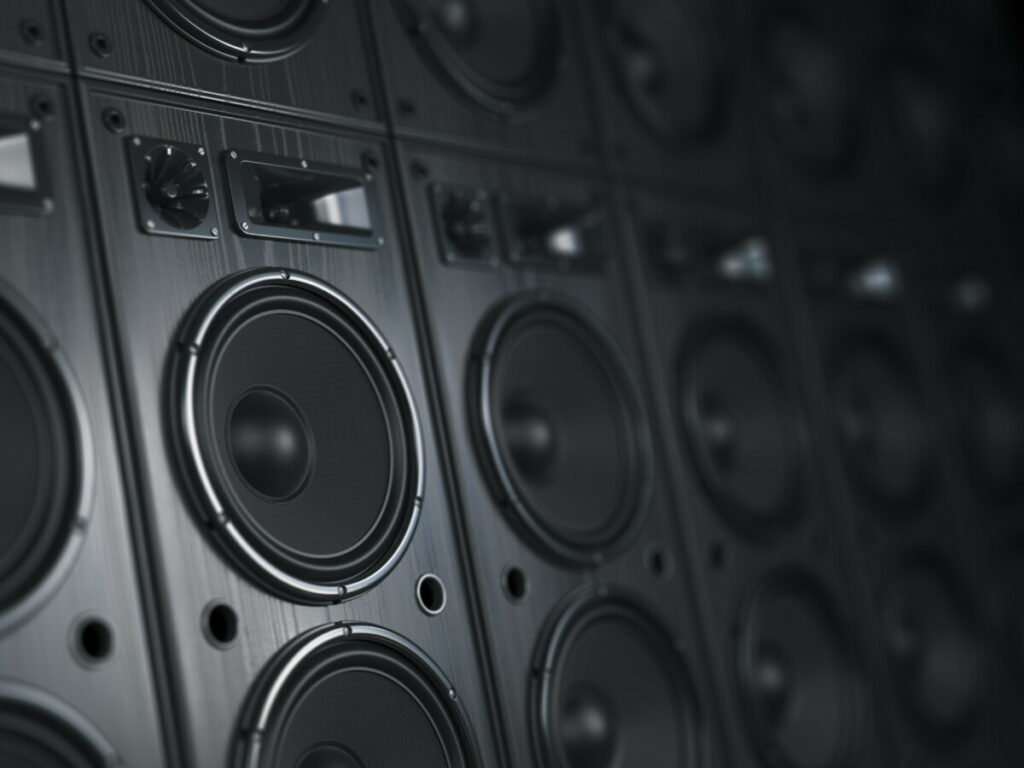
One of the main drawbacks of using 8-ohm speakers with 4-ohm amplifiers is that they can be more prone to blowouts and other sound issues.
8-ohm speakers are generaly designed for lower power outputs, which means that when used with 4-ohm amplifiers, they may not be able to handle the full power output without blowing out or distorting the sound.
This could be especially troublesome if the 8-ohm speakers are connected to larger 4-ohm amplifiers, as this could lead to damage to both components.
Additionally, 8-ohm speakers may not provide as much clarity or accuracy in sound reproduction compared to higher impedance speakers when paired with 4-ohm amplifiers.
8-ohm speakers do require less power than other types, but they are not as well suited for reproducing high frequencies or providing detailed sounds due to their lower impedance level.
8-ohms are best suited for use in aplications where clarity is not paramount such as background music setups or playing background music in a restaurant or bar setting.
Another disadvantage of 8-ohm speakers is that they can reduce overal sound quality when conected to larger 4-ohm amplifiers due to their lower impedance level.
8-ohms require less power from an amplifier than higher impedance levels, so when used on a large 4-ohm amp, there may be less clarity and detail in the audio output compared to higher impedance levels such as 16 ohms or 32 ohms.
This could lead to an overall mufled or flat sound that lacks dynamic and definition, but still, it is not the only reason. Some of you may already know the factors that make the sound come out muffled, or not?
Finaly, 8 ohm speakers can have a harder time producing deep bass tones than higher impedance levels due to their tendency towards distortion at low frequencies.
When connected to a 4 ohm amplifier this problem can be compunded due to the greater amount of power being driven into the speaker’s coils, leading to even more distortion and poor sound quality in the low end frequencies.
As such it is generally recommended that 8 ohm speakers should only be used with smaller amplifiers or in systems where deep bass is not required.
Tips for Optimizing An Audio Setup

When using 8-ohm speakers with 4-ohm amplifiers, it is imprtant to ensure that the speakers are compatble with your amp and that the power output of your amplifier is within the 8-ohm speakers rated power range.
Still, you should make sure to set the volume control on your amplifier to a level where it wont cause distortion or damage to either component.
It is also recommended to use 8-ohm speakers in aplications where clarity and accuracy are not as important such as background music setups or playing background music in restaurants and bars.
So, ading an equalizer or other sound procesing equipment can help optimize the audio to your specific needs and by following these tips, you can ensure that 8-ohm speakers will perform at their bests when connected to 4-ohm amplifiers.
Conclusion
8-ohm speakers can be used on 4-ohm amlifiers, however there are a few drawbacks to consider such as potential damage due to higher power output and poorer sound quality.
After everything is said and done, I hope this article provided you with everything you needed to know!
Mix & Mastering
I love to get my hands on all sorts of audio equipment, from headphones and speakers to audio interfaces. I love putting these products through their paces and seeing what they can do.

